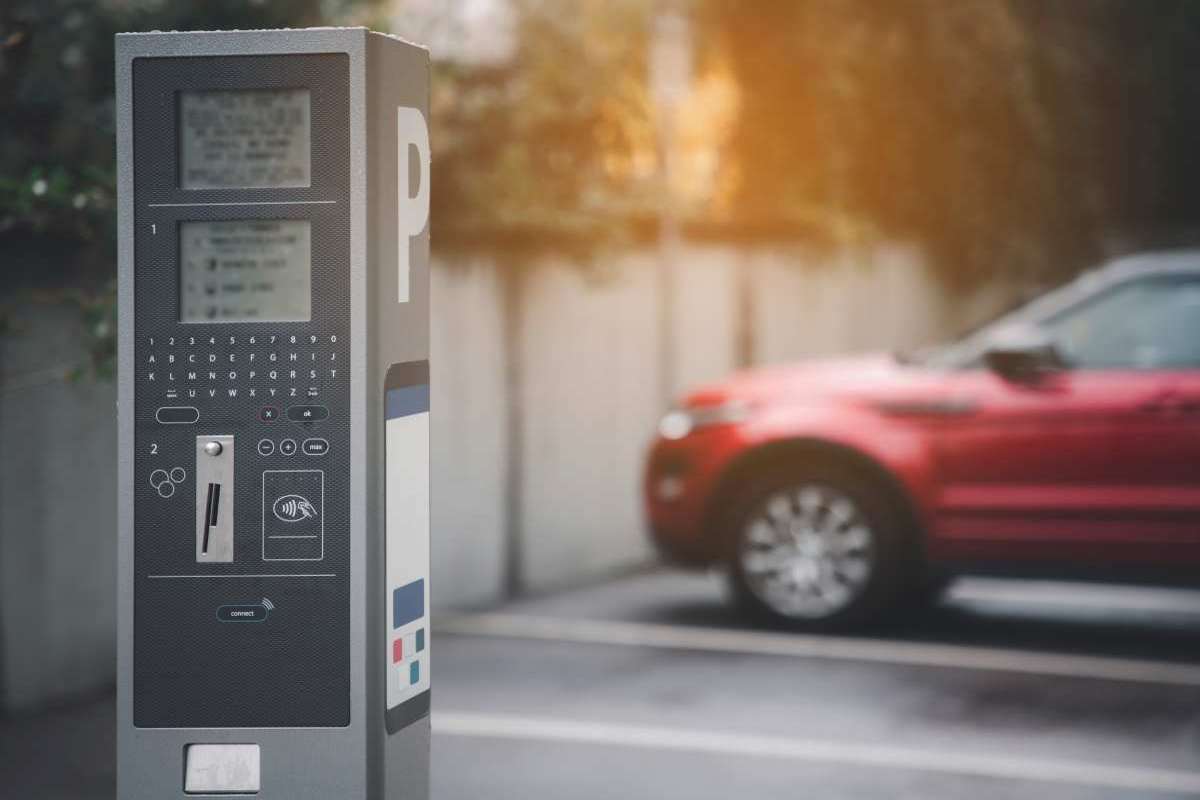
QR codes are everywhere: signs, ads, menus, and even scams. BBB Scam Tracker has seen an influx of reports about a scam that involves fraudulent QR codes at parking lots. This time, scammers use them to steal parking fees and collect credit card information. It’s the flip side of this parking ticket scam. Learn how the scam works to avoid falling victim.
How the scam works
You pull up to a city parking meter or a parking voucher machine and notice a prominently placed QR code. It may say “Pay for Parking Here” or have a similar message. Happy about the convenient payment method; you scan the code and pay using your email address and credit card number. You don’t receive proof of parking, but you may notice a small amount charged to your credit card. You assume that you’ve been charged for parking.
A few weeks later, however, you noticed another charge on your credit card. However, this fee has nothing to do with parking. It’s a recurring charge from an unrelated company posing as the city’s parking fee service. It turns out the QR code was fake, and your information is now in the hands of a scammer.
One victim reported: “I tried to buy a parking voucher using the QR code on the city parking meters. I scanned to pay for parking but received no proof of parking. I noticed a charge for $1.98 the same day. Later, I noticed a $49.99 charge on my credit card for three consecutive months. I tried calling and emailing the company with no luck. So, now I have to cancel the card.”
How to avoid impostor QR scams
- Pay for parking directly through the meter. Instead of scanning QR codes to pay for parking, use your credit card to pay directly using the machine or meter.
- Watch out for short links. If a QR code says it will open a URL-shortened link, you can’t know for sure where the code is directing you. It could be hiding a malicious URL or not belonging to the organization you are trying to pay.
- Look for evidence of tampering. Scammers may try to confuse you by placing QR code stickers where they should belong. They may even place them on top of legitimate QR codes. Keep a close eye out for signs of tampering.
- Install a QR scanner with added protection. Antivirus companies may offer QR scanner apps that alert you to phishing scams, suspicious links, and forced app downloads before you click on the link. Take advantage of secure scanners to get extra protection.

